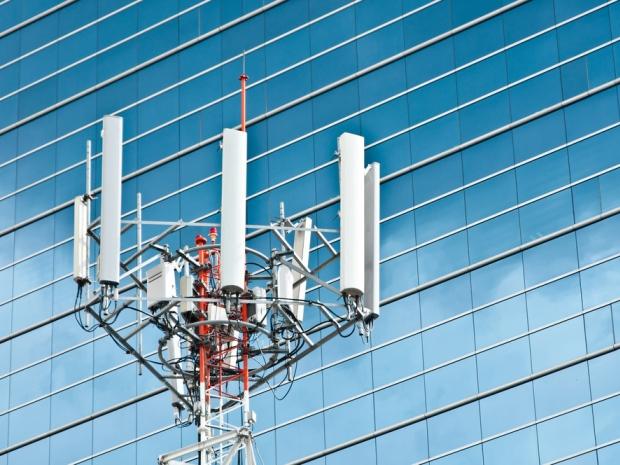UK mobile networks settle spats, 4G rollout timetable agreed

Back to your corners, networks. The U.K. government has finally made headway with the 4G LTE fiasco that has plagued the country's mobile population for the best part of two years.
The U.K. government and its communications regulator, Ofcom, secured an agreement with the major mobile networks, including the U.K.'s first 4G LTE network, EE (formerly known as Everything Everywhere, the parent company of Orange U.K. and T-Mobile U.K.), Telefonica-owned O2, and Vodafone, in a bid to settle ongoing disputes, and determine when 4G LTE can be rolled out to the general public.
The agreement will see the major networks currently seeking to expand into the 4G LTE space serve up their next-generation services by spring 2013, six months earlier than originally planned.
U.K. Culture Secretary Maria Miller brokered the talks less than a month after her appointment to the cabinet, following the departure of former minister Jeremy Hunt, who not only failed to negotiate a deal under his two-year tenure but also often struggled with an unfortunately mispronounced surname.
Part of the agreement will ensure that O2 and Vodafone, who had previously threatened to take then-named Everything Everywhere to court drop any legal action.
It follows threats by the two mobile firms after they were concerned that Ofcom's decision to allow EE to use its 1800MHz spectrum for an early launch would give unfair competition to the newly-created mobile network.
EE had enough share of the spectrum to launch ahead of the other networks, but O2, Vodafone, and Three must wait until Ofcom auctions off the sections of spare spectrum to acquire enough bandwidth to offer 4G services.
Ofcom signed off on a 11-page letter, according to The Guardian, which sealed the deal on the 'peace treaty' between the networks, that will see the spectrum auction brought forward to January rather than February or March.
Clearing the spectrum will also happen more quickly, enabling frequencies previously used by digital television signals to be used for mobile traffic instead.
Critics warned that if the U.K. did not get a handle on its mobile networks, the country's 4G LTE rollout could continue to be plagued by delays, in which even developing countries like Azerbaijan and Uzbekistan are undertaking ambitious rollout plans to boost their economies, reports the BBC.
For the networks, the business market will benefit hugely from next-generation 4G LTE speeds, particularly in a country where rural broadband suffers desperately from ageing infrastructure and poor maintenance. But where EE can get a headstart, the remaining 4G LTE bidding networks will be able to jump on the next-generation speed offering business and enterprise contracts that rake in far more money than traditional consumer contracts and handset sales.
While greater network speeds does not ultimately mean the U.K. will rip itself out of the double-dip recession it was left in, faster speeds mean could yield between £2--3 billion ($3.2--4.8bn), according to the Culture Secretary speaking today. The government could receive as much as £4 billion ($6.4bn) from the auction alone.
EE will be launched by the end of October in 16 different cities, including London, Manchester, and Glasgow.
